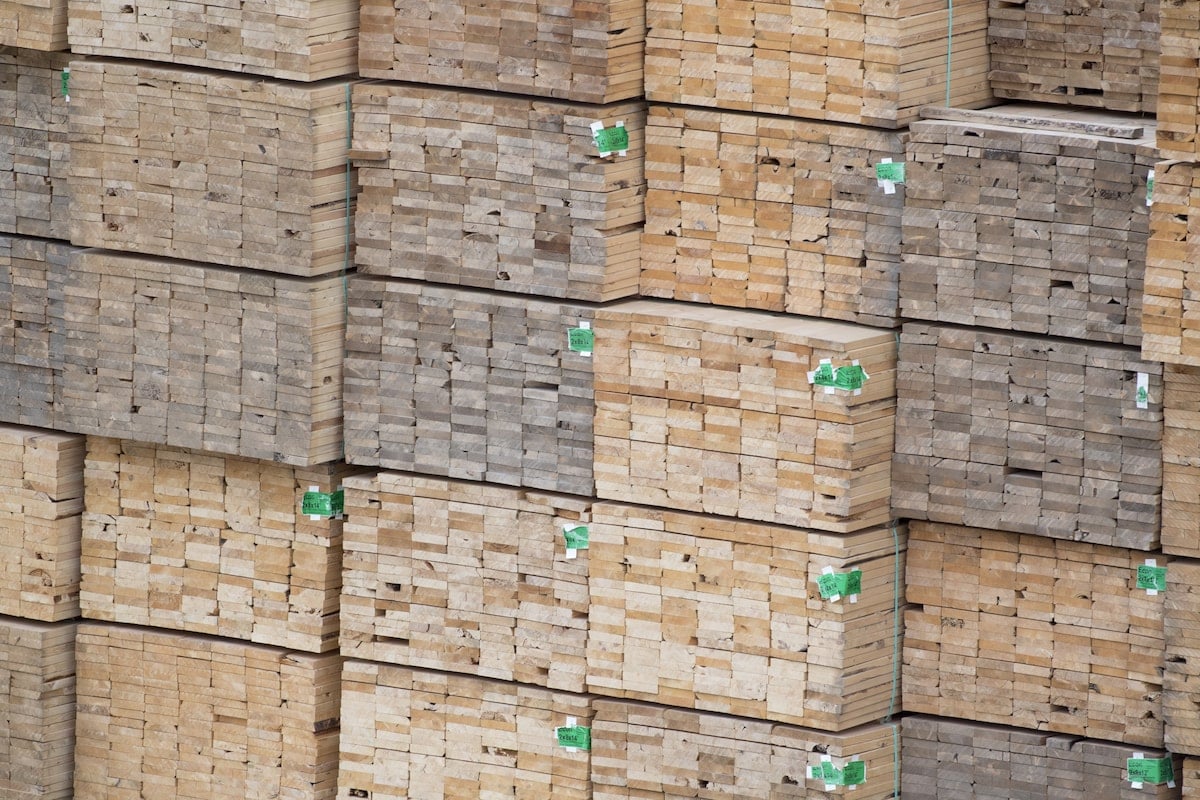The U.S. Department of Commerce plans to raise tariffs levied against Canadian softwood lumber producers, marking the latest salvo in the long-running trade dispute.
Based on the Commerce Department’s preliminary assessment, the combined countervailing and anti-dumping duty rates will be 13.86 per cent for most Canadian producers, compared with 8.05 per cent currently.



This seems to come up with some regularity.
Could someone explain the situation in the States? Was there some big land grab by private interests, or is there still plenty of public land but it’s all either logged out or protected at this point? Or some other complication?
This shit has been going on since the 80s. It’s mostly bullshit instigated by US lumber companies. Available softwood lumber in the US is mainly on privately owned land, and the owners of that land want the price of lumber to be as high as possible so they can make more money. The softwood lumber companies in the US are effectively acting as an oligopoly, and they lobby US politicians for legislation in their interests.
Softwood lumber in Canada is mainly on public land, called “crown land” here in Canada. A lumber oligopoly isn’t possible in Canada because the government would never sell all of that land to a handful of lumber companies. Instead lumber producers in Canada are charged a fee for the logs they cut, that fee is set by the Canadian government, and it is less per log than what US lumber producers want to charge.
Instead of competing on price, US lumber companies lobby congress to impose softwood lumber tariffs for the umpteenth time. When the US lumber companies don’t need to compete with Canadian lumber, they can jack up their prices. When they do that the only people who benefit are the US lumber companies and the politicians they’ve lobbied. Americans pay more for lumber, Canadian lumber companies and their workers suffer.
Just gonna add a bit of info to your excellent explanation …
The reason Canadian lumber is preferred as a building material is we have shorter growing seasons, which means the growth rings are tighter so the lumber doesn’t warp as much as a lot of US lumber does.
What an odd coincidence… I’ve been following this boat-building channel on Youtube for a couple years, and they talked about wood grain in the episode posted just today. Here’s a link to the relevant timestamp in the video. I’m not a woodworking expert by any means, but if the boat people say tighter grain is better I’ma believe 'em.
Here is an alternative Piped link(s):
boat-building channel
a link to the relevant timestamp
Piped is a privacy-respecting open-source alternative frontend to YouTube.
I’m open-source; check me out at GitHub.
Thanks for the explanation
What an endless saga. I guess they’ll need to update the wiki again as this latest chapter unfolds. Thanks for the reply.
Do you have issues like we do in Australia where they just cut down crown land and destroy ancient ecosystems all so they can reap profit while fucking over our land?
Well the stumpage fees are meant to fund the replanting and there are professionals who decide where and how to cut the lumber to reduce the harm to the eco system, but usually what is planted in place is a monoculture of straight growing coniferous trees that also burn easily. So you don’t have the same eco system and it has a good chance to burn down before maturity.
Sadly, yes.
Canada’s logging industry devours forests crucial to fighting climate change